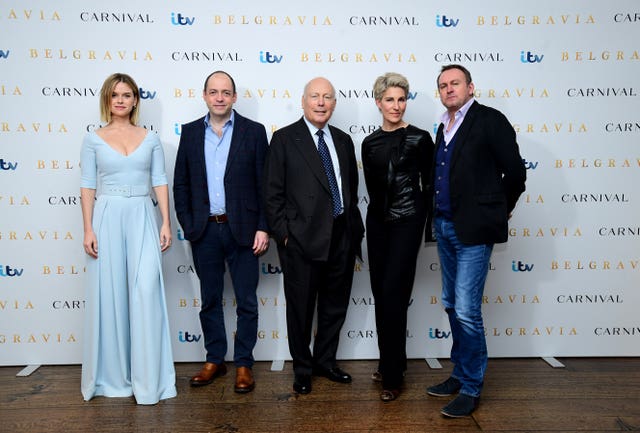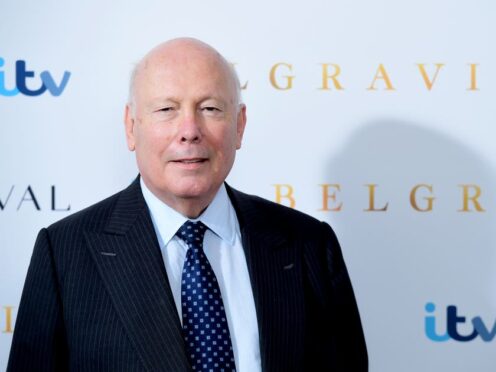Lord Julian Fellowes has said “very intelligent” people who cannot read are being wasted in society and social media platforms are not a barrier to literacy.
The Downton Abbey creator and Conservative peer, 74, is a patron of the Adult Literacy Trust (ALT) and believes learning through repetition should be embraced.
He spoke to Radio 4’s Today programme on Saturday as writer and sociologist Jason Arday – who learned to speak aged 11 and to read and write at 18 – guest edited the show.
Lord Fellowes said campaigns to encourage literacy should not admit “defeat” due to TikTok, the social media platform that shows short videos.
He added: “One of the principal reasons that people do join adult literacy classes and learn to read later in life is because they know what they missed as children by not being able to read, what they missed as young adults, by not being able to read when they were looking for jobs, and they don’t want that to happen to their children, and I think that’s courageous, I think it’s great.”
Lord Fellowes, who won an Academy Award in 2001 for the period drama Gosford Park, said: “We are not as a society (being sensible) wasting so much talent.
“The fact is, a lot of people who can’t read through whatever happened are very intelligent, very talented, very original, and we’ve got a use for them.
“If they can only be allowed to develop their abilities to their maximum potential.
“If someone says, ‘I’m hopeless with figures, I can’t add up at all, maths was always my worst subject’, everyone just laughs. It doesn’t seem to matter at all. But nobody tells you they can’t read.”

More than seven million adults in England are estimated to be functionally illiterate, according to the ALT.
Lord Fellowes said “gates are more tightly locked against” underprivileged children compared with middle or upper class children, who did not suffer from the lack of “rote learning” in schools as they would have books at home.
He also said: “Indian children are often far ahead of their contemporaries in schools for these very reasons. They have a habit of rote learning. They have a habit that takes them naturally to reading (in) three or four years.
“So yes, I think that (rote learning) would be a very good idea, but first you must alter the philosophy.
“You must help people once again to see that helping children to read as soon as possible is opening the gates as soon as possible, and sending them out into the world to explore it for themselves.”
Lord Fellowes, best known for his work on period dramas, has most recently created 1880s American-set HBO series The Gilded Age and 19th century ITV drama Belgravia.
